
We all have different ways of dealing with our energy levels throughout the day. Some people drink coffee to get through their workday, while others can’t function without a midday nap. However, there are also those of us who find ourselves feeling fatigued even when we’ve slept plenty and aren’t hitting the coffee pot every chance we get (or vice versa). If this sounds like you, don’t freak out. There are actually many reasons why you might be feeling exhausted all the time—and most of them won’t turn into serious health problems if treated properly.
In this article, we’ll go over some common causes behind mental fatigue so that you can feel better in just a few days’ time. Whether you’re always tired because of stress or have been dealing with chronic illness for years, these tips according to experts should help restore your energy levels back to normal and make sure it stays there.
Brief on Tiredness

Tiredness is a complex condition that can have many causes. It can be a symptom of other conditions, such as anemia or sleep disorders, or it may be related to depression or chronic fatigue syndrome (CFS). Tiredness may also be caused by certain medications, as well as temporary tiredness associated with jetlag and shift work.
Tiredness is a subjective experience that reflects how the body’s energy status relates to its ability to perform physical and mental tasks. It has been defined in various ways over the years; however, today most people use terms like ‘fatigued’ when they mean they’re feeling tired.
Causes of Tiredness
Depression

Depression is a common cause of tiredness. It’s not every time linked to feeling sad, though—depression can be caused by many things, including financial problems and work stress.
If you have depression, you may feel physically drained all the time. You might have trouble getting out of bed in the morning or concentrating during work. It’s important to talk to your doctor if you think this could be affecting your life in any way; treatment options can help alleviate symptoms so that they no longer affect your day-to-day activities.
Anemia
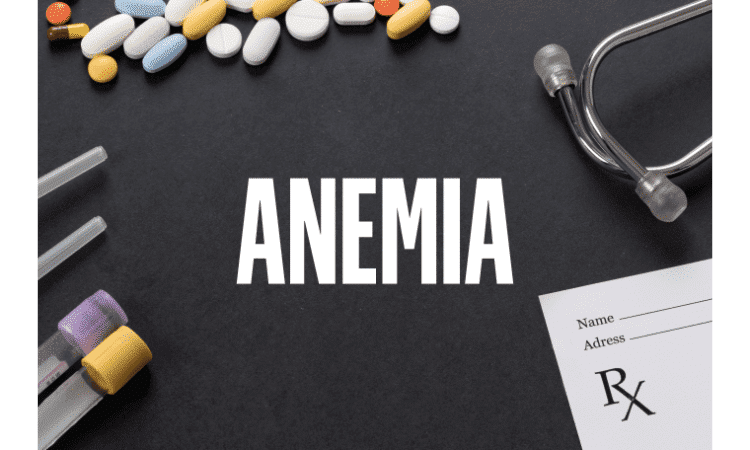
Anemia is a condition in which the body does not have enough healthy red blood cells or hemoglobin. It can be caused by many reasons: iron deficiency, chronic diseases like diabetes and kidney disease, smoking, and other lifestyle habits such as alcohol consumption.
Anemia can cause fatigue because it prevents oxygen from reaching all parts of your body through the bloodstream. This causes you to feel exhausted when performing tasks that require energy (like exercising). Some symptoms of anemia include pale skin, weakness, or dizziness.
If you have any of these signs or symptoms and are feeling fatigued after physical activity, see a doctor to test for anemia.
Sleep apnea
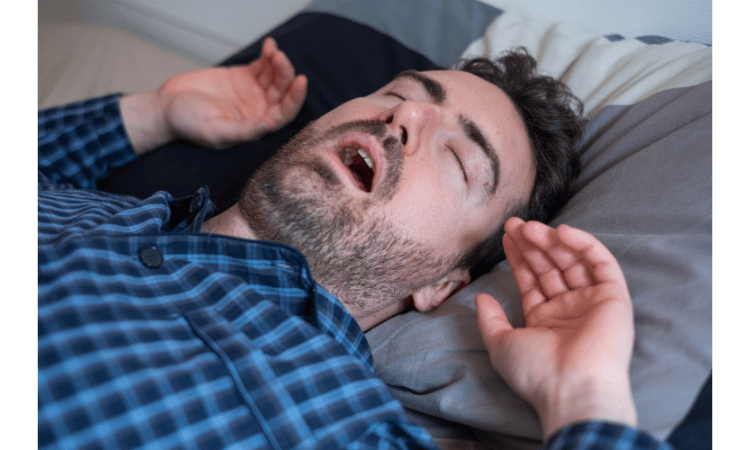
Sleep apnea is a condition in which breathing stops and starts repeatedly during breath while you sleep. It’s a serious health disorder that can lead to high blood pressure, heart disease, stroke, and other serious health problems. If left untreated, sleep apnea can be fatal. Sleep apnea is caused by the upper airway collapsing or becoming blocked during sleep. This causes your brain to startle you awake so that you can breathe again. The best treatment for sleep apnea is continuous positive airway pressure (CPAP) therapy—a machine that uses pressurized air to keep the airway open at all times during sleep.
Vitamins deficiency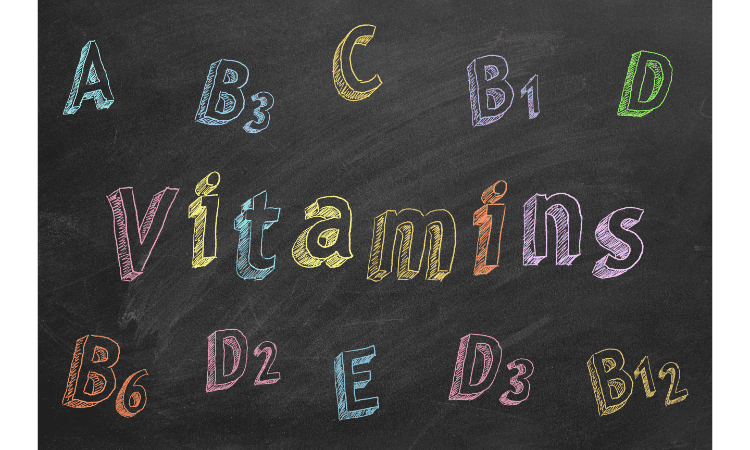
Vitamins and minerals are essential for energy production. They also aid in the formation of red blood cells, which carry oxygen to the body’s cells. Vitamins and minerals are also essential for the maintenance of healthy bones. If you’re not getting enough vitamins and minerals from your diet, you may feel exhausted throughout the day as your body struggles to function at its optimal level.
Some people assume that they get all the nutrients they need from their diet, but this is often not true—especially if you follow a restrictive diet or have an eating disorder such as anorexia nervosa or bulimia nervosa where severe calorie restriction can lead to nutrient deficiencies over time. Other causes include malabsorption issues like Crohn’s disease or celiac disease (celiac being more common).
Not exercising enough

If you’re exhausted, it’s probably because you’re not exercising enough. Exercise helps to release endorphins in the body, which makes us feel better and more awake. It also reduces stress and improves sleep quality, so that we can get a good night’s sleep before our next long day of work or school. Finally—and perhaps most importantly—exercise increases your metabolism. This means that even if you don’t lose weight right away after exercising, your body will burn more calories each day as long as you keep up with it.
Thyroid disease
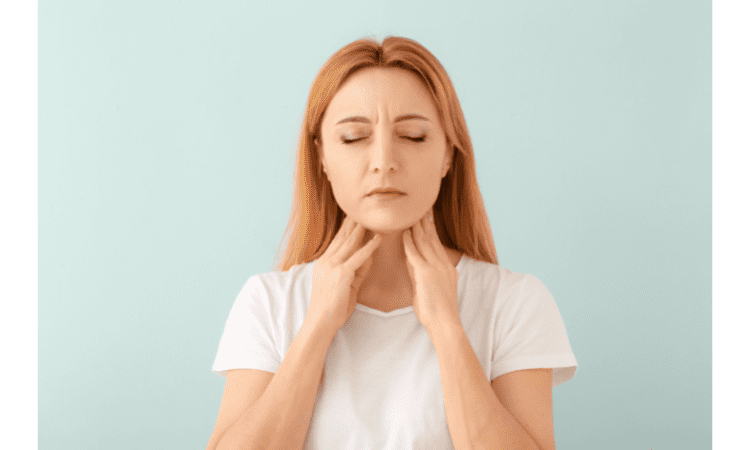
The most common cause of tiredness is a low thyroid, which can be treated with medication. However, the condition can also be hereditary and caused by medications or toxins.
- Low thyroid: The thyroid gland helps regulate how quickly your body uses energy. If it’s underactive—or hypothyroidism—it slows down metabolism and drives you more exhausted than usual. It’s usually treated with prescription drugs like Synthroid and Armour Thyroid that replace missing hormones in your body.
- Hereditary: Sometimes disorders run in families, so if someone in your family has been diagnosed with an underactive thyroid this doesn’t mean you’ll have the same problem too (but it does mean that if you do have symptoms, they’re worth investigating). Thyroid problems are sometimes associated with autoimmune diseases like Hashimoto’s disease or Grave’s disease; these conditions are treated differently from non-autoimmune hypothyroidism but still require medical attention to manage symptoms like fatigue and weight gain.
Intake of too much caffeine
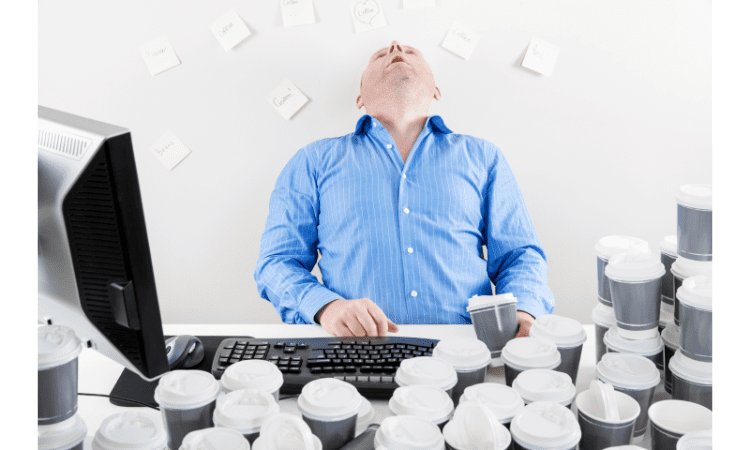
If you’re drinking a lot of coffee or soda, you might be ignoring the signs that caffeine is making you more exhausted. Caffeine can cause insomnia and anxiety, especially if your daily intake is above 300 milligrams (the equivalent of about three cups of coffee). It can also cause headaches and make it harder for your body to metabolize nutrients properly; so even if you do manage to fall asleep, your sleep won’t be as restful as it could be without all that caffeine in your system.
Obesity

While obesity is not the only cause of tiredness, it’s one of the most commonly recognized ones. Obesity causes high blood pressure and diabetes, both of which can lead to serious health issues. High blood pressure can cause heart attacks and strokes; diabetes can lead to kidney failure and blindness. These conditions alone could keep you fatigued for months or years without relief—and that’s before accounting for any other potential complications that might arise from being overweight (like joint pain).
Certain medications
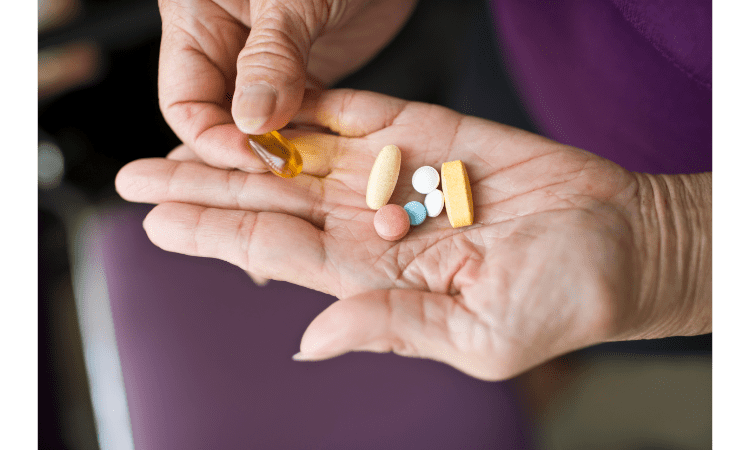
If you’re taking medications, there are a few things to keep in mind. Some common drugs that cause tiredness include blood pressure medication, antidepressants, and other mood-altering medications, pain relievers, heartburn medications, sleep aids, and tranquilizers. If you want to avoid being exhausted while taking these medicines (or anything else), talk to your doctor about adjusting the dosage or switching to an alternative treatment.
If your doctor recommends changing your prescription (and it’s not too late for that), start by lowering the amount of medication until you feel great again without any side effects like drowsiness or dizziness—you may find it takes longer than expected because some drugs take weeks or months before they become completely out of your system.
Inadequate hydration

To give your body the hydration it needs, you should drink one to two cups of water before you eat breakfast, and another cup or so during the day. If you’re feeling tired at work, try drinking a glass of water before heading back home for the evening.
If you’re sick with a cold or flu and experiencing signs like fatigue and headaches (among other symptoms), specialists recommend drinking at least eight ounces of fluid every hour while awake—and even more when sick to replenish lost fluids.
If you are exercising regularly, specialists recommend staying hydrated by drinking about 500 milliliters (16 oz) of water two hours before exercise and then another 30–60 minutes into exercise. If working out in hot weather or high altitudes (greater than 6500 feet above sea level), that amount should be doubled to ensure adequate hydration.
Unhealthy diet

A poor diet can lead to a lack of energy and an inability to concentrate. To keep your brain working at its best, it’s important that you eat a balanced diet that contains plenty of fruit, vegetables, and protein. Avoid processed foods or food that is high in sugar, caffeine, or alcohol because these have been known to cause fatigue.
Drinking too much alcohol can also make it harder for the body to sleep well at night as well as increase tiredness during the day. Smoking has been linked with low energy levels so try quitting if you need to boost your energy levels.
How to overcome tiredness?
- Eat healthy – Diets with a lot of sugar, processed foods, and trans fats can disrupt your body’s ability to produce energy. That’s because many of these foods are high in calories but don’t supply enough protein or fiber to keep you feeling full for very long.
- Get enough sleep – A lack of shut-eye can make you feel exhausted, irritable, and more likely to experience symptoms like headaches and muscle soreness than usual—all things that sap your energy levels (and make it harder to get back into bed).
- Exercise regularly – Physical activity stimulates the body’s production of endorphins—feel-good chemicals that are responsible for giving us bursts of energy during workouts or after we’ve been exercising for a while. Plus, regular exercise helps us build lean muscle mass which means we need less energy just to stand still because muscle takes up less space than fat does.
- Take vitamins – Vitamin D may help regulate circadian rhythms and prevent fatigue from seasonal affective disorder (SAD) or depression during winter months—but talk with your doctor first before adding supplements into your diet routine because some vitamins like B12 could interfere with certain medications such as antidepressants.
Conclusion
If you’re tired all the time, it’s time to take action. As we saw in this post, there are many different reasons why people aren’t getting enough sleep. If you have a feeling something isn’t right and think you may be suffering from chronic fatigue syndrome or another illness that affects your energy levels, it’s important to see a doctor who can diagnose and treat any underlying causes. However, if you feel fine other than being exhausted all the time and don’t have any other symptoms besides lack of sleep (such as weight loss), then it might just be that your body needs more rest.











